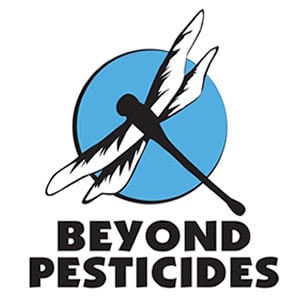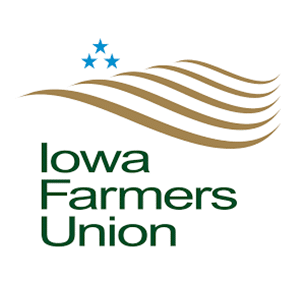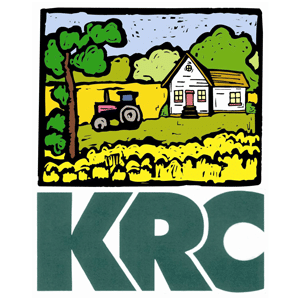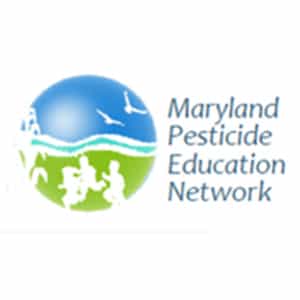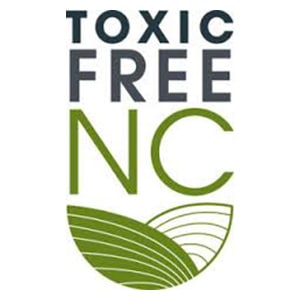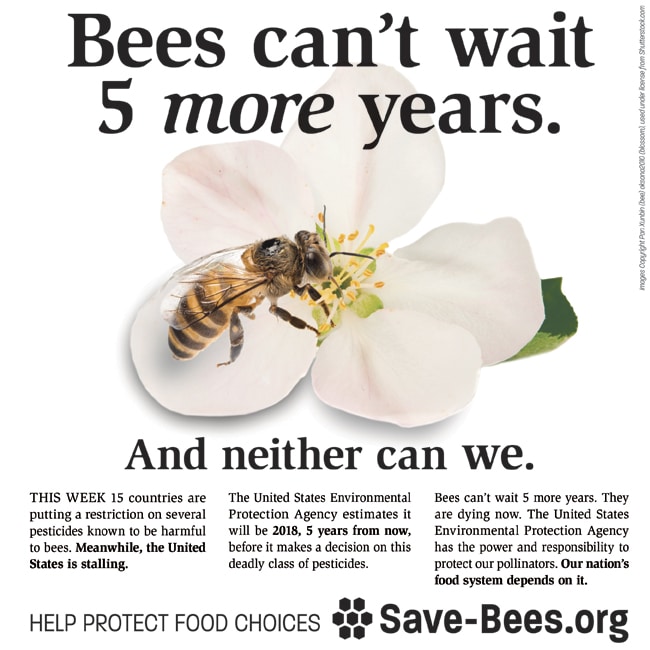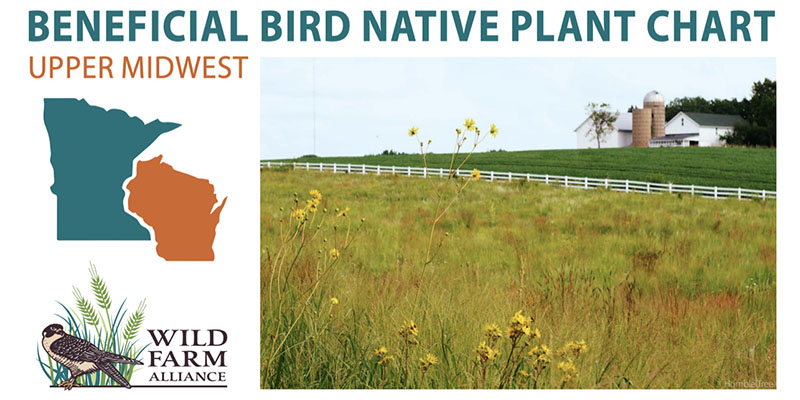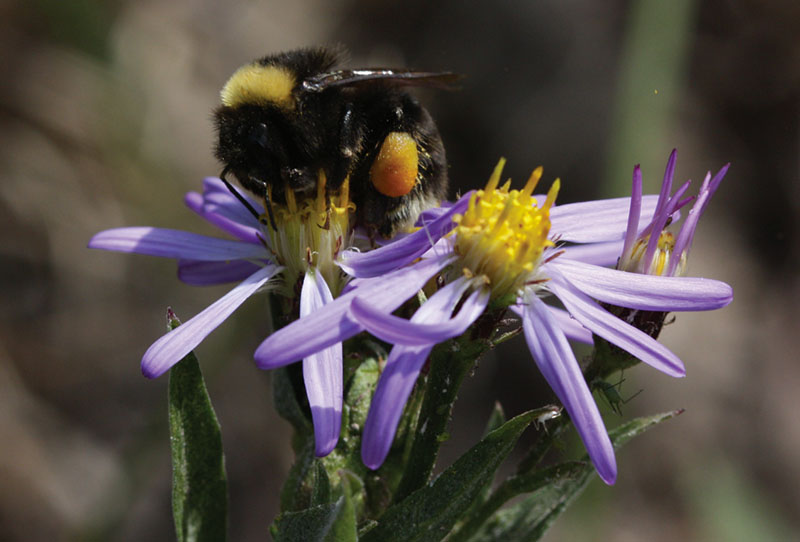According to biologists, we sit precariously on the edge of mass species extinction and biodiversity loss, losing the plants and animals that are key to all of our survival.
A 2017 study, published in the peer-reviewed journal Proceedings of the National Academy of Sciences, calls the massive loss of wildlife a biological annihilation that represents a “frightening assault on the foundations of human civilization.” According to coverage in The Guardian, “Professor Gerardo Ceballos, at the Universidad Nacional Autónoma de México, who led the work, said: ‘The situation has become so bad it would not be ethical not to use strong language.’”
Amphibians, grassland birds, alongside honey bees, monarch butterflies, and other pollinators, are some of the species most obviously under threat. Of the 100 crops needed to feed 90% of the world, over 70 of these crops are pollinated by bees.
Ceres Trust provides support to organizations that are working to ensure pollinator proliferation, and to transform urban, suburban and rural land management to protect pollinators, people and the ecosystems on which we all depend.
Currently the top six agrochemical and seed companies are negotiating mergers, which could result in just three powerful multinational corporations controlling this industry. If Monsanto and Bayer, Dow and DuPont, and Syngenta and ChemChina form their respective proposed partnerships, the three resulting corporations will control nearly 70 percent of the world’s pesticide market – more than 61 percent of commercial seed sales and 80 percent of the U.S. corn-seed market. This has serious consequences for the market by limiting options for farmers and consumers, and further tilt the balance away from independent science, health and safety of people, pollinators, and our environment.
In response to this consolidation, organizations are working to block pending pesticide company mergers that would further consolidate the market for seeds and agricultural chemicals. A network of diverse groups has formed, representing farmers, farmworkers, environmental, beekeeping and consumer protection organizations, to actively oppose the pending pesticide mergers.
RESOURCES
- Bee–Friendly Retailer Scorecard from Friends of the Earth, ranking top U.S. grocery stores on protecting bees and biodiversity from toxic pesticides
- Que Les Paso a Las Abejas? did a talk show in a class at the Ramaz School-Upper School. The teacher was very excited about the possibility of sharing the movie with her class, as she had heard about it on social media. She contacted the documentary filmmakers and they organized the function where the filmmakers and Don Gustavo Huchín, one of the protagonists of the documentary, participated. The students were very excited by the presence of Don Gustavo and prepared a presentation on his reflections on the issues addressed, his main comments focused on the defense of the rights of the Mayan communities, the right to a healthy environment, as well as the thinking about the capitalist system that is part of these mega projects, such as the agricultural industries. The deliberations of the students, who were between 12 and 15 years old, were impressive.As an objective of this class, all the students did very moving essays on the subject, where they also made very interesting proposals that I shared with my advocacy team and protagonists. Some young people concluded that from that moment on they would verify the labels of the products that their parents buy to avoid transgenic products, as well as choose to purchase their honey and other foods directly from local producers in their communities. View the PDF...
- Keep the Hives Alive: In June 2016 a group of beekeepers, farmers, community organizers, environmental groups, and concerned citizens banded together to host the “Keep the Hives Alive Tour” to raise awareness about the plight of pollinators and how toxic pesticides contribute to their decline. Collectively, our mission is to educate the public of the dangers of bee-toxic pesticides; share the stories of beekeepers whose livelihoods have been jeopardized (and some lost) by the continued use of these products; and urge the Environmental Protection Agency, the U.S. Department of Agriculture, and Congress to take action on toxic pesticides and support sustainable agriculture.
- The Assessment Report on Pollinators, Pollination, and Food Production
- Preserving Biodiversity as if Life Depends on It, a report on how organic systems are key to re–establishing the biodiversity upon which all life depends.
- Pesticides and Honey Bees: State of the Science, a report on the factors behind Colony Collapse Disorder (CCD), with a sustained focus on the role of pesticides.
- Pesticides and pollinators, a fact sheet describing the links between pollinator declines and pesticides.
- Pesticides and U.S. grassland bird declines, aquatic ecosystem biodiversity.
- Center for Food Safety: Alternatives to Neonicotinoid Insecticide–Coated Corn Seed: Agroecological Methods are Better for Farmers and the Environment.
- Xerces Society for Invertebrate Conservation: Impacts of Pesticides on Invertebrates (IPI) database. The IPI database contains summaries of research articles on pesticides, their effects on invertebrates, and pesticide movement in the environment.
Grantee Partners
Related Videos
Northwest Center for Alternatives to Pesticides: An introduction to the basics of biological control for nursery and greenhouse growers, as well as community members concerned about pesticide use. Robin Rosetta, Associate Professor and Extension Horticulturist at Oregon State University, explains the essentials of biological control.
Keep The Hives Alive: The Pollinator Stewardship Council presents a short primer on what you need to know about the vanishing bees.
Vanishing of the Bees, a compelling documentary that describes the crisis of disappearing and dying honey bees.
How Neonics Affect Birds, a video from the American Bird Conservancy
Stories from the Field
Wild Farm Alliance works to expand the Beneficial Bird Habitat Assessment and Native Plant Tool to the Upper Midwest
Wild Farm Alliance: with support from Ceres Trust in 2023, relationships in the Upper Midwest have been built and continue to strengthen, as Wild Farm Alliance works diligently to expand the Beneficial Bird Habitat Assessment and Native Plant Tool to the region. We are finding ways to integrate the tool into the important work aligned partners are already doing to best support beneficial birds. As a result of this coordination, the presence of WFA in the Upper Midwest continues to expand its reach and more growers are bringing nature back to the farm.
Bumble bees and other insects now eligible for protection under California Endangered Species Act
Bumble bees and other insects, which make up 80% of California’s animal species, are now eligible for protection under the California Endangered Species Act (CESA). The groundbreaking 2022 ruling that all insects are protected under CESA is a major victory for protecting these vital animals, and was made possible in part by the Xerces Society for Invertebrate Conservation.

